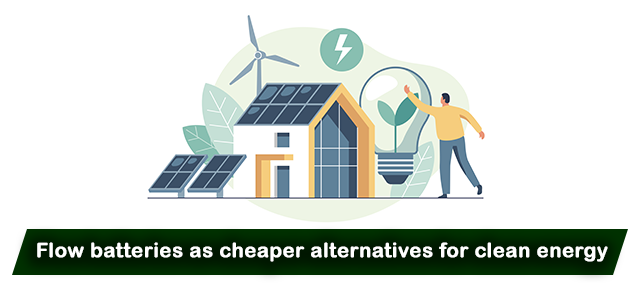In the current global warming and climate change scenario, clean energy is a hopeful solution. Currently, existing technologies are non-viable due to their inconsistent availability or limited sourcing. In this regard, flow batteries have emerged to be a smaller and cheaper alternative. Researchers at the School of Chemical and Biomolecular Engineering (ChBE), Georgia Institute of Technology, have developed a compact flow battery cell configuration using a hollow sub-millimeter, bundled microtubular (SBMT) membrane as the electrolyte distributor. This membrane, made up of hollow fiber, allows the passing of ions without needing any space-consuming support infrastructure. Their configuration reduces the size of the cell by 75%, thereby reducing the size and cost of the entire flow battery. Their technology has the potential to revolutionize the power systems of commercial buildings and residential homes alike.


